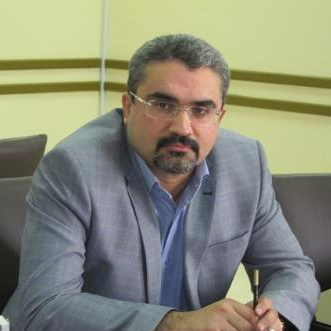Psychosocial Determinants of Cyberbullying in Early Adulthood: The Role of Media Literacy and Online Self-disclosure
Keywords:
Cyberbullying, Media literacy, Online self-disclosure, StudentsAbstract
Background and Objective: The advent of the Internet and social media has increased online engagement, particularly among adolescents and young adults. This trend has brought cyberbullying to the forefront as a critical issue affecting mental and social well-being. This study aims to predict cyberbullying among university students by examining the roles of media literacy and online self-disclosure.
Methods and Materials: This descriptive correlational research involved students from the University of Birjand during the 1400-1401 academic year, totaling 12,000 individuals. A sample of 398 students was selected through convenience sampling. Data were gathered using the cyberbullying and victimization scales (Lam & Lee, 2011), the online self-disclosure scale (Valkenburg & Peter, 2007), and the media literacy questionnaire (Falsafi, 2015). Data analysis was conducted using SPSS-V26, employing Pearson correlation and regression analysis.
Findings: The results indicated a significant inverse correlation between media message comprehension and intentional selection with cyberbullying. Conversely, a significant positive correlation was found between in-depth self-disclosure and cyber victimization. Regression analysis revealed that, except for media message analysis, the components of online self-disclosure and media literacy were significant predictors of cyberbullying (P<0.01).
Conclusion: Therefore, training in media literacy skills and self-disclosure management by psychology and communication science specialists plays a crucial role in preventing cyberbullying.



























